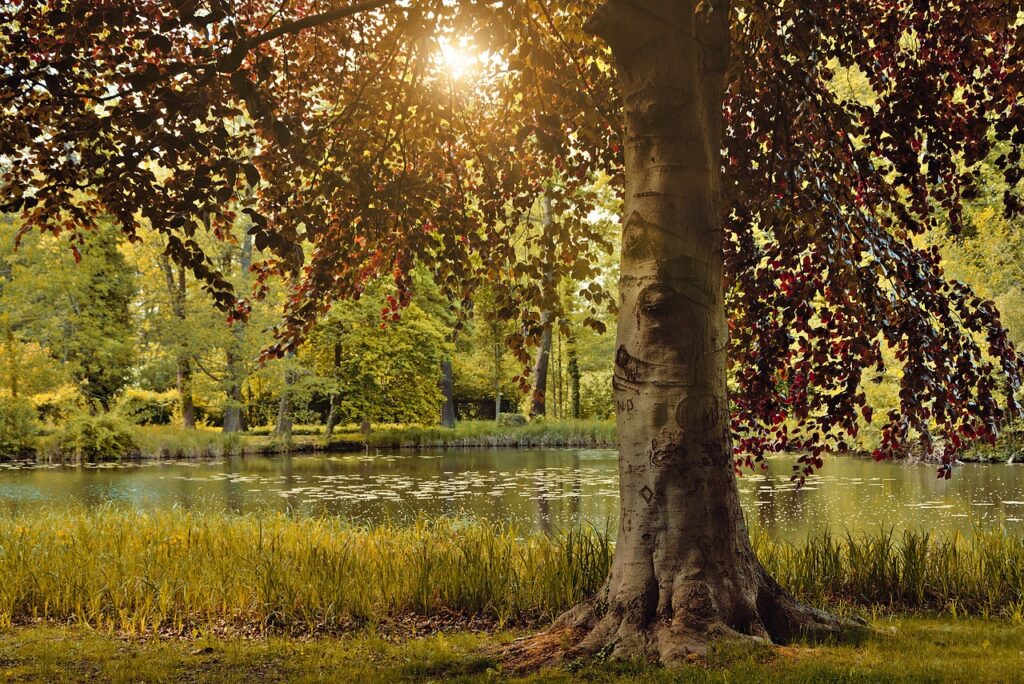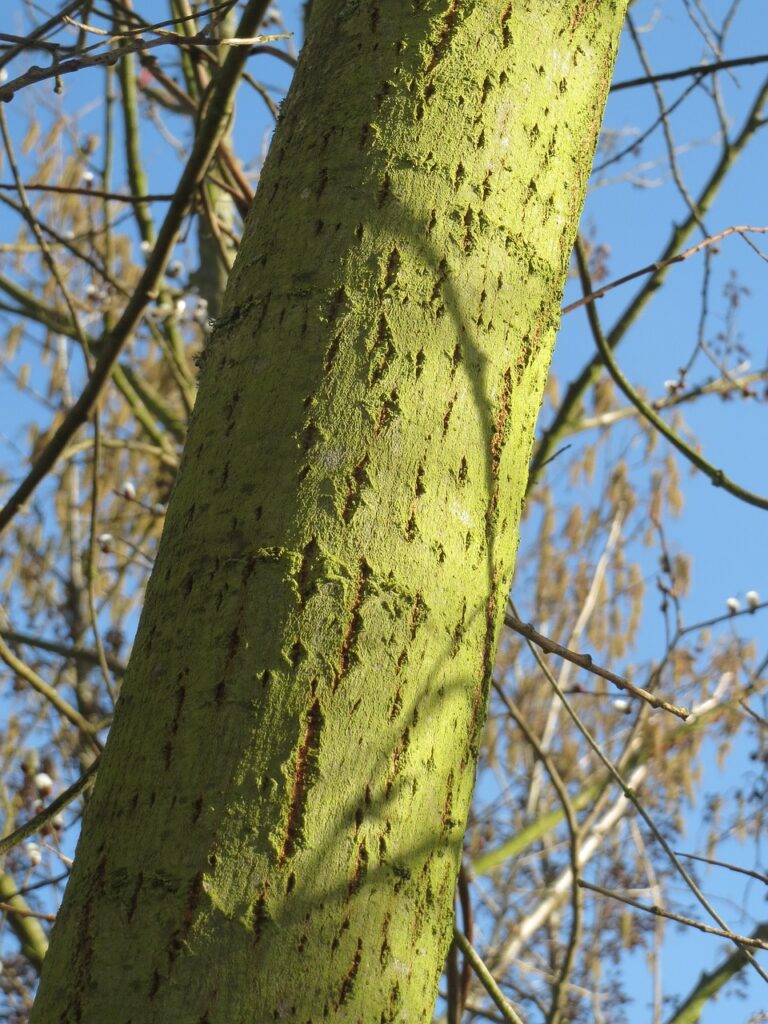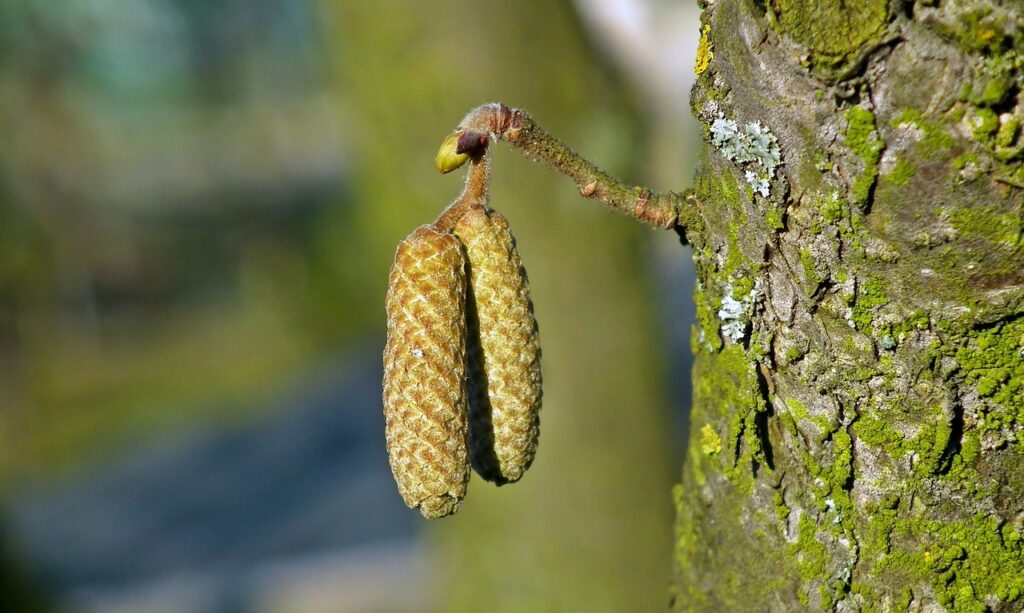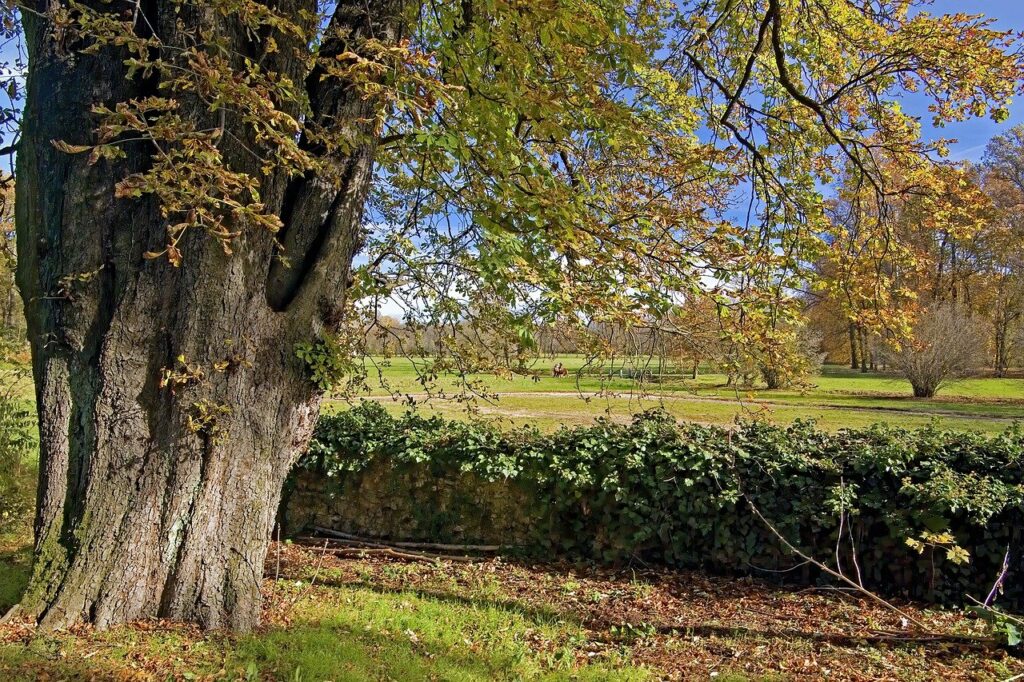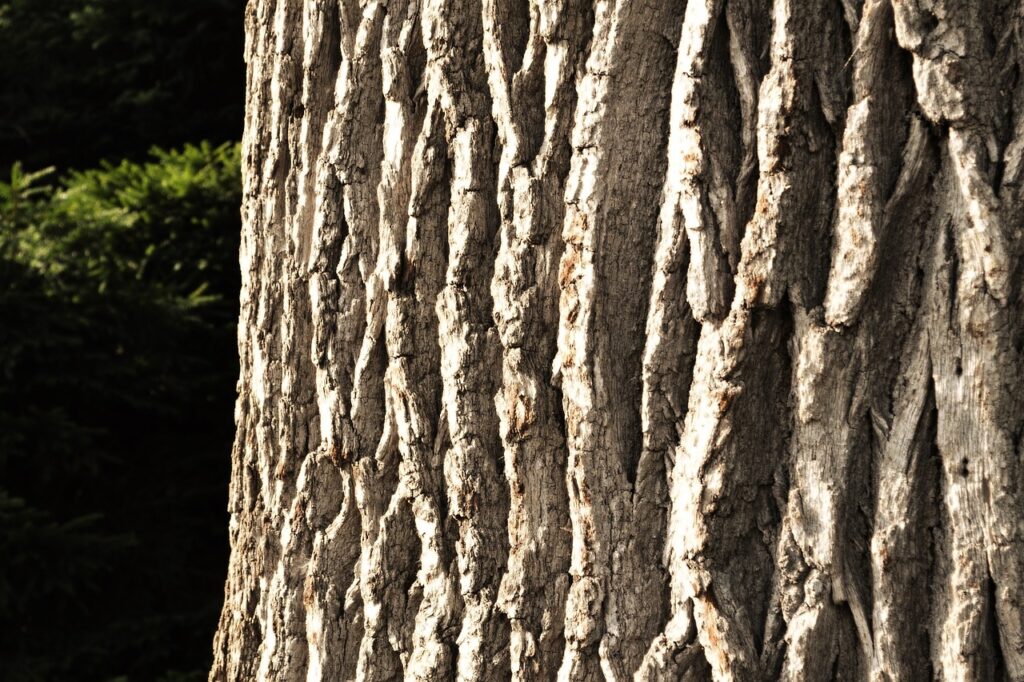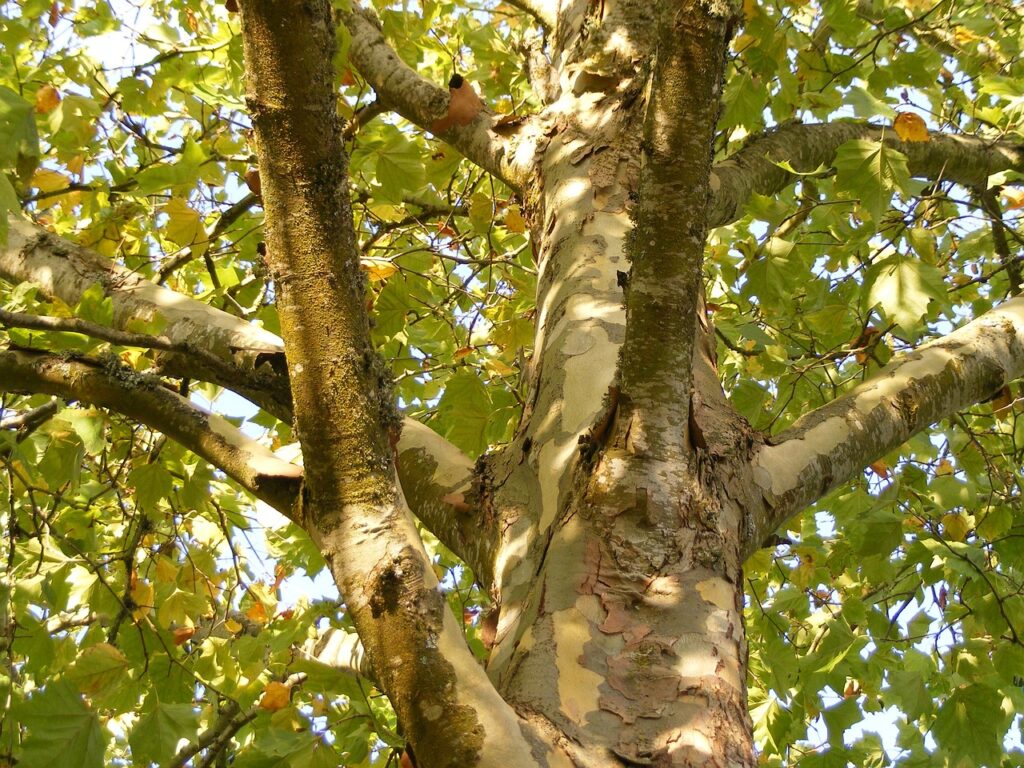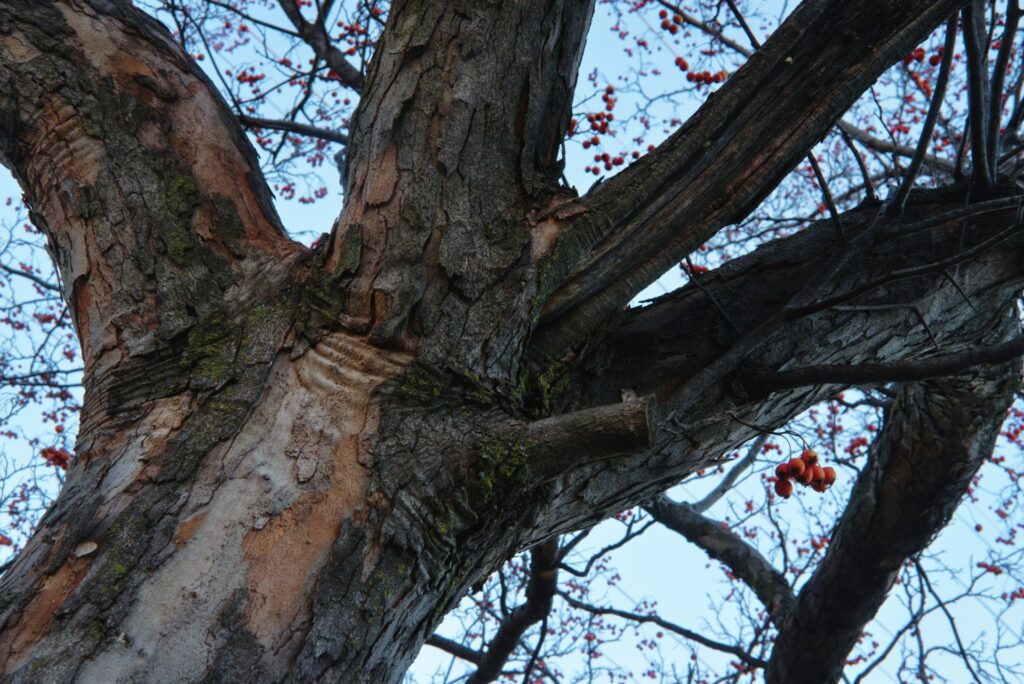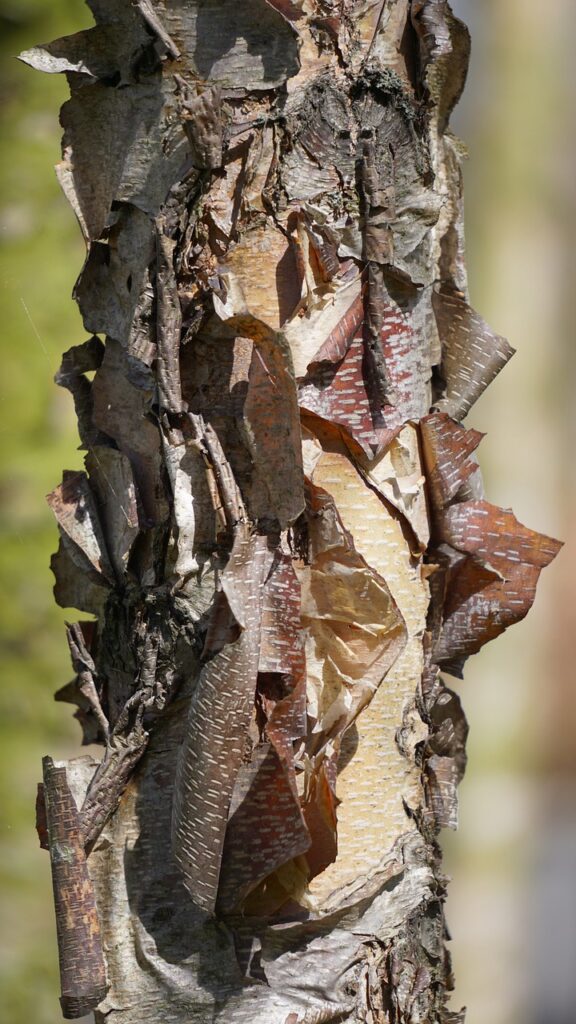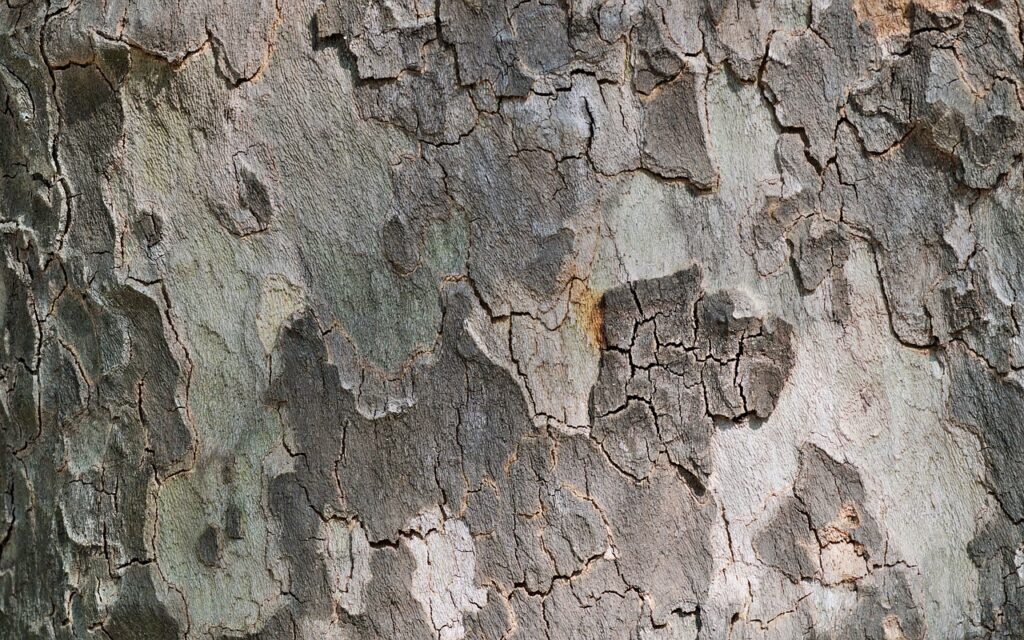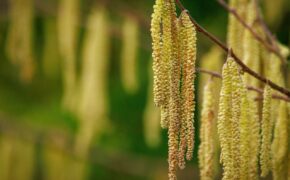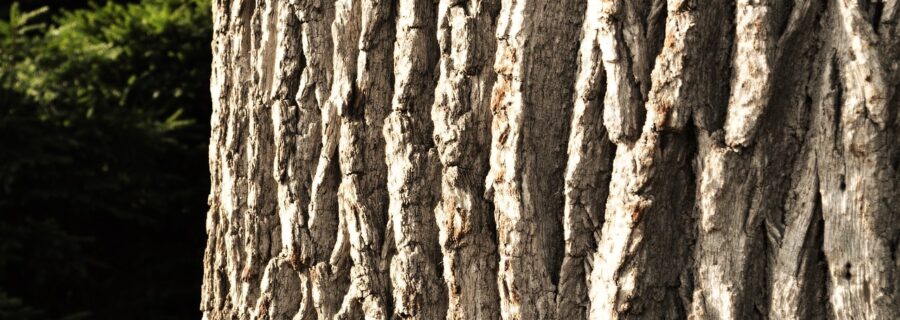
Get a quick no obligation quote It’s free and will only take a jiffy!
How to Identify Leafless Trees by Their Bark
The leaves of spring have well and truly started to unfurl, making it easier to identify trees. But how to recognise a tree when its branches are bare? Join us as we take you through our top tips on how to tell your leafless oak from your bare-branched birch, and plenty more besides.
When you’re trying to identify a tree, but there’s not a leaf in sight, it can be quite a challenge. And that’s where we turn to the bark of the tree to ascertain which species it is.
Bark serves to protect a tree. It is made up of several layers. The outer bark is dead cork. The inner bark is known as phloem. This carries sugars and nutrients around the tree.
There is also a layer of cells between the inner and outer bark, which provides new cork and phloem.
As the tree grows, the dead outer bark layer of cork needs to expand. The way the cork layer is produced creates two different types of bark. One is smooth or peeling bark, and the other is ridged or plated bark.
How to identify trees by their bark
Smooth or peeling bark
Smooth or peeling bark is formed where the new cork is produced as a thin later.
The old layer is lost as dust, resulting in bark that is smooth to the touch. Some smooth barked trees, such as silver birch, shed the think bark in papery strips.
Examples include:
- Aspen
- Beech
- Blackthorn
- Goat willow
- Hazel
- Hornbeam
- London Plane
- Rowan
- Silver birch
- Sycamore
- Wild cherry
Ridged or plated bark
In other trees, the new layer of cork is thicker. It pushes the old, dead cork outwards, which then splits into ridges or plates.
Examples of trees with ridged bark include:
- Alder
- Common yew
- Crab apple
- Crack willow
- Hawthorn
- Horse chestnut
- Oak
- Sweet chestnut
Some tree bark changes as the tree ages. For example, the ash tree bears smooth bark when it is younger, but as it gets older, the bark turns to a ridged appearance. The same goes for the hornbeam.
Tree bark guide
Here is our guide to identifying some of the most common UK trees by their bark:
Beech
Beech bark is smooth, grey in colour with a few gnarls and fissures.
Goat willow
Goat willow bark is fairly heavily fissured, often greyish-brown in colour.
Hazel
The bark of the hazel tree is smooth and greyish in colour, sometimes bearing patches of lichen.
Horse chestnut
Horse chestnut bark is greyish brown, with deep fissures and prominent pores.
Oak
The oak tree bears bark which is thick and rough with deep fissures. It’s dark grey to brown in colour.
Plane
Plane tree bark is smooth and mottled. It is prone to peeling away in regular patches.
Rowan
The bark of the rowan tree is smooth and greyish in colour, sometimes with a reddish tinge and often becoming rougher with age.
Silver birch
The silver birch has very thin, papery bark with distinctive white areas peeling into thin, horizontal strips.
Sycamore
Sycamore bark is greyish brown in colour, with shallow fissures and patches of greenish-white lichen.
Tree care from the Essex experts
If you are looking for professional help in caring for your trees, whatever species they may be, the long term experienced, fully qualified friendly experts here at TH Trees Ltd are ready to help.
For fully tailored advice and a fast and efficient service in all aspects of tree care, you are welcome to get in touch.
Had a fallen tree in the early hours of Monday morning, called for quote and the team had it cleared on the same day. Really good communication when the lads were onsite and did a great job. Lots of pride in their work shown with the thorough clear up. Would thoroughly recommend.
Thank you Stuart for your kind review. We were glad to be able to help you with your fallen tree. If there's anything else you need in the future, please don't hesitate to get in touch.

